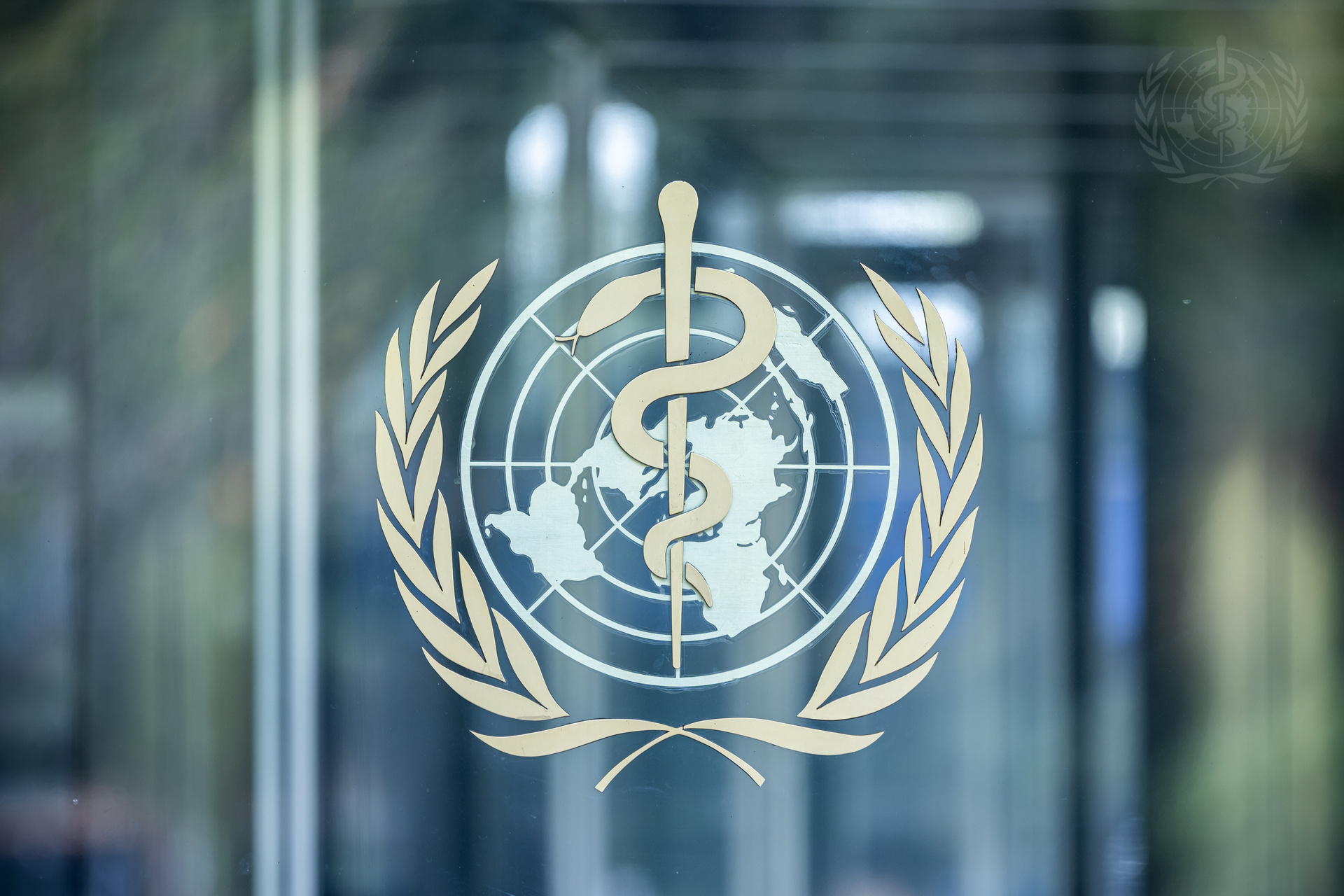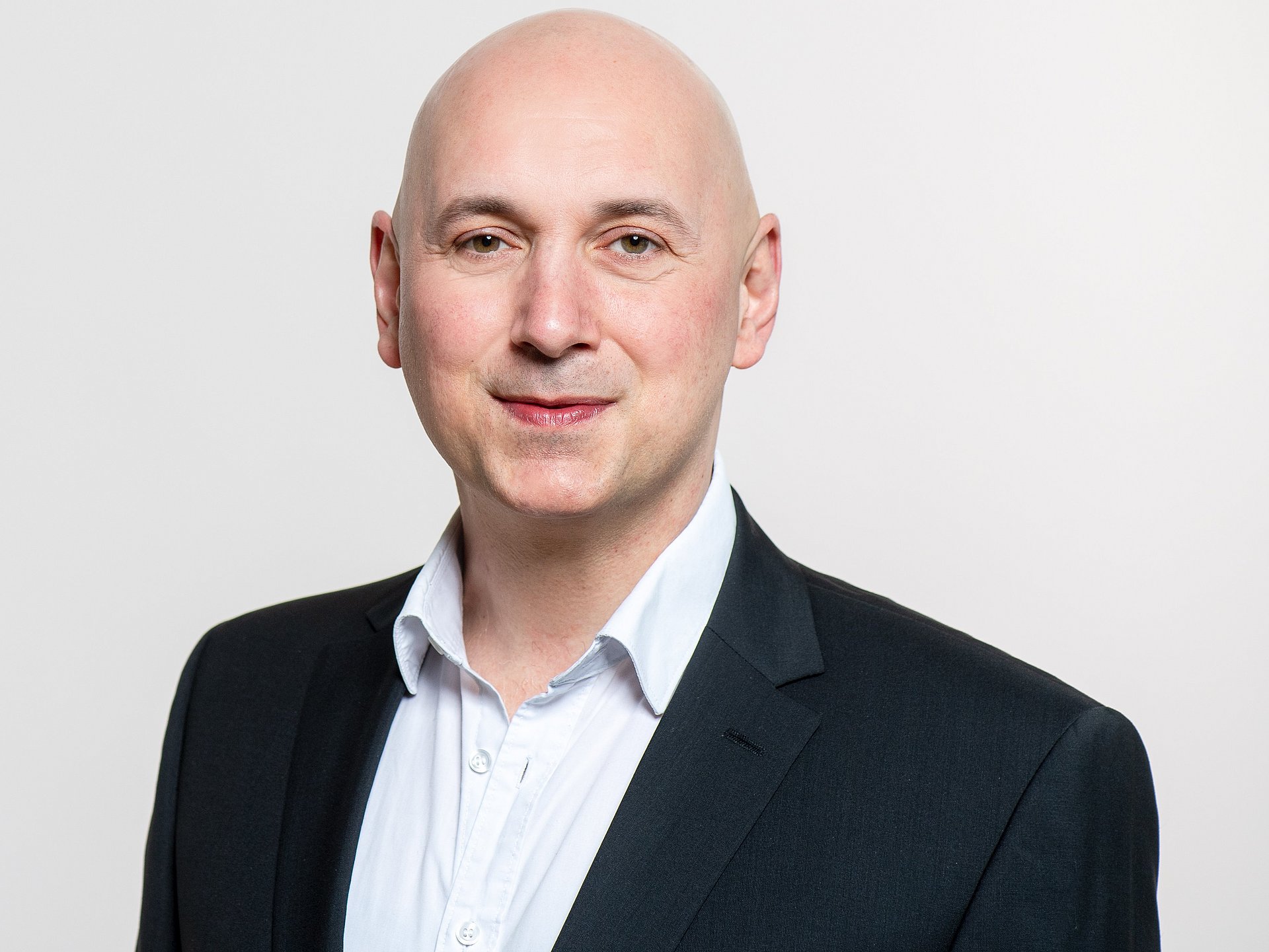The World Health Organization (WHO) has established a new collaborating center at the Technical University of Munich (TUM). The center will develop a global survey to learn more about people's ability to use health information. Member states may use this survey to determine their population's degree of health literacy. In addition, the researchers are developing materials to teach health literacy in schools.
 WHO / Pierre Albouy
WHO / Pierre Albouy There is abundant information on how to get healthy and stay healthy, especially on the internet. But are people able to find and evaluate this information and apply it to their everyday lives? "Take Vaccinations, for example," explains Orkan Okan, Professor of Health Literacy at TUM. "Just knowing that vaccinations exist is not enough - I also need to know where I can get trustworthy information on the subject. And I must use this information to decide when and where to get vaccinated and which vaccinations to get." Such questions are described with the term health literacy.
To monitor, assess, and improve the level of health literacy in populations worldwide, the World Health Organization has set up the WHO Collaborating Centre for Health Literacy at TUM. There are over 800 such collaborating centers, including 27 in Germany. Munich already hosts the WHO Collaborating Centre for Public Health which is thematically closely related. The centers conduct research on relevant issues worldwide, engage in international collaborative research networks, and support the development of new health solutions.
 Andreas Heddergott / TUM
Andreas Heddergott / TUM An international survey
Promoting health literacy is an important goal of the WHO. To this end, gathering information to reveal health literacy needs is crucial. This is where the new center at TUM, headed by Prof. Orkan Okan, comes into play: "We have been developing standardized surveys on health literacy for years. Now, the WHO has given us the honorable task of developing the global survey." Initial pilot studies are underway in Liberia, Saudi Arabia, and China. Okan and his team will use the results to develop the final global survey over the next few years. "Once this is completed, each of the 194 WHO member states can use the format to collect local country data on population health literacy, which can be used for comparisons between countries and regions."
Investigating health literacy in schools
In addition to the major survey, the WHO Collaborating Centre will also cover an important sub-area of health literacy. "We are working on a second global survey to assess health literacy in schools - of children and young people as well as teaching staff," says Orkan Okan. The researchers want to use the information to develop teaching materials to improve health literacy. Similar materials have been developed by other WHO collaborating centers, for example for sex education.
"I am looking forward to setting up the Collaborating Center at TUM and bringing together researchers from all over the world," says Orkan Okan. Dr. Rüdiger Krech, Director of Health Promotion at the WHO, emphasizes: "WHO Collaborating Centres are our closest partners with whom we work on global evidence on specific public health topics. I am therefore very pleased that the TUM School of Medicine and Health is now part of the circle of global excellence in the field of health literacy and look forward to a good collaboration."






